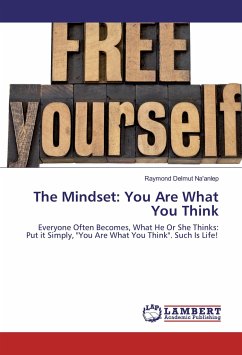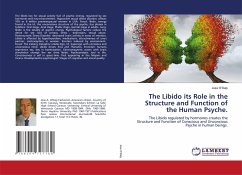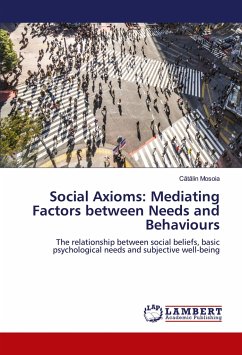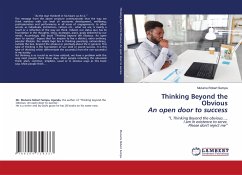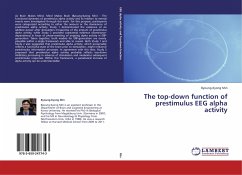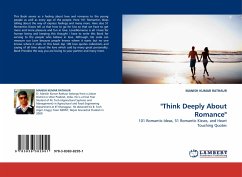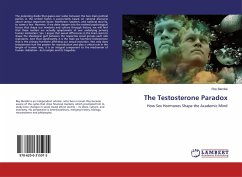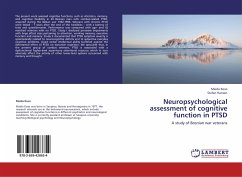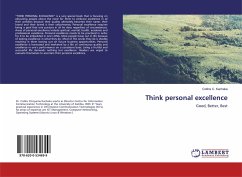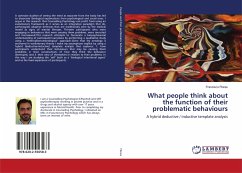
What people think about the function of their problematic behaviours
A hybrid deductive / inductive template analysis
Versandkostenfrei!
Versandfertig in 6-10 Tagen
47,99 €
inkl. MwSt.

PAYBACK Punkte
24 °P sammeln!
A cartesian dualism of seeing the mind as separate from the body has led to dissociate Ibiological explanations from psychological and social ones. I argue in this research that Counselling Psychology can profit from using an evolutionary framework as it serves as an integrative paradigm that de-pathologises adaptive defences that are traditionally seen by the medical model as signs of mental illnesses. Thirteen participants who were engaging in behaviours that were causing them problems, were recruited and interviewed.This research attempts to formulate a biopsychosocial understanding of part...
A cartesian dualism of seeing the mind as separate from the body has led to dissociate Ibiological explanations from psychological and social ones. I argue in this research that Counselling Psychology can profit from using an evolutionary framework as it serves as an integrative paradigm that de-pathologises adaptive defences that are traditionally seen by the medical model as signs of mental illnesses. Thirteen participants who were engaging in behaviours that were causing them problems, were recruited and interviewed.This research attempts to formulate a biopsychosocial understanding of participants'narratives by performing a qualitative study using a 'heterophenomenological' approach.Given that my ontology is anchored in evolutionary theory I make my assumptions explicit by using a hybrid (deductive-inductive) template analysis that explores: 1. how participants understand their behaviours that may be causing them problems; 2. their constructions of how they think the behaviour developed, and 3. their view of themselves in relation to their problems. In this way I am studying the 'self' both as a 'biological intentional agent' and as the lived experience of participants.



